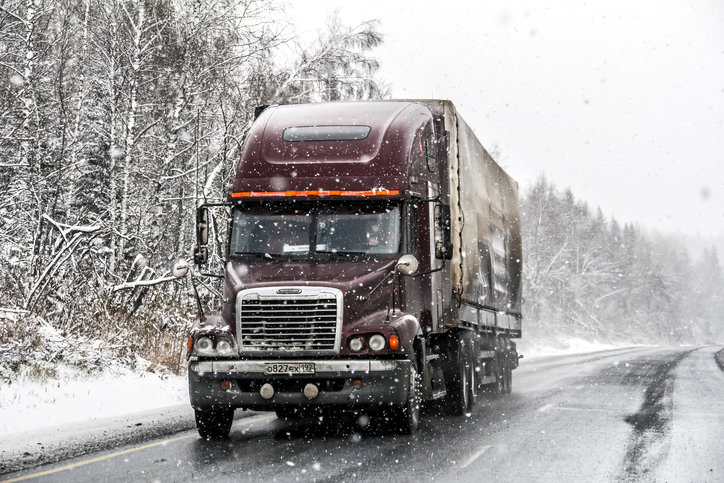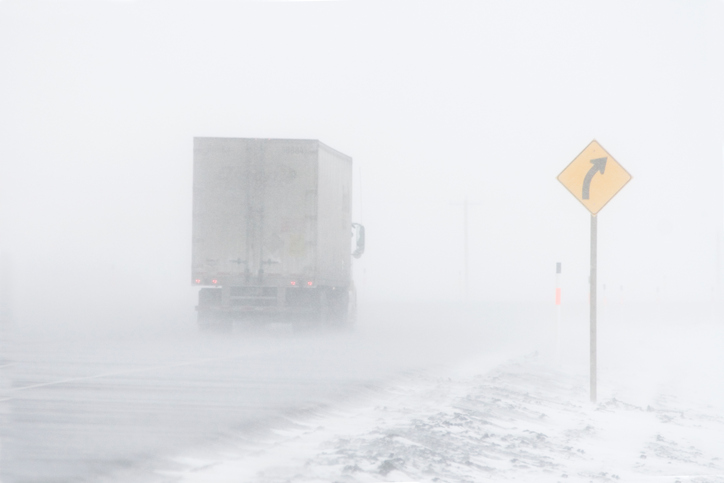3 Winter Trucking Safety Tips for Students in Dispatcher Training

Truckers are often considered road warriors for their persistence while driving in unfavourable conditions. Dispatchers can help ensure their drivers’ safety by being aware of the hazards winter road conditions can bring. If you’re considering dispatch training, keep reading to discover three tips to help your drivers stay safe on winter roads.
1. Advise Your Truckers to Take it Slow After Dispatcher Training
After dispatcher training, you could start your career as a load planner and scheduler. Top load planners ensure that drivers have ample time to make deliveries, especially during the winter. By allowing for extra time during winter deliveries, you will prevent truckers from feeling pressured to drive too quickly to meet deadlines.
One of the biggest mistakes a trucker can make while driving on wintery roads is driving with excessive speed. Advising your truckers to take it slow and not push their rig will help keep them, their cargo, and other drivers safe on winter roads.
2. Encourage Your Drivers to Perform Thorough Pre-Trip Checks
After you graduate from your dispatch course and start your career, you will be in contact with truck drivers consistently. During the winter months you can help ensure their safety by reminding them to conduct extra thorough pre-trip checks. Pre-trip checks should always be performed. However, in the winter it is even more critical they are done properly and with a high attention to detail. If something goes wrong while the driver is on the road, it could compromise their safety, the load, and the delivery schedule.
Each driver in your fleet should make sure to double check that their truck’s defroster, heater, headlights, brakes, and mirrors are all in working order. Truckers should brush off any snow from the vehicle before starting a trip and ensure their tires are in good condition. Taking the extra effort to perform a detailed pre-trip check can help ensure all drivers stay safe.
3. After Your Dispatch Course, Advise Truckers to Get Off the Road in Bad Weather
Truck drivers are extremely diligent. They’re also trained to drive in many demanding weather conditions. However, what separates truly professional drivers from the rest is knowing when it’s time to pull over to a rest stop. In treacherous conditions where visibility is barely past the windshield, roads have too much snow, or the wind is too strong, it’s best to pull over.
As a dispatcher you should encourage your future drivers to exit the highway if roads become too difficult. Not only could this help prevent future delays and issues, it also keeps your drivers safe and sound. In the trucking industry, safety is everything.

Contact Automotive Training Centres today to learn more!

